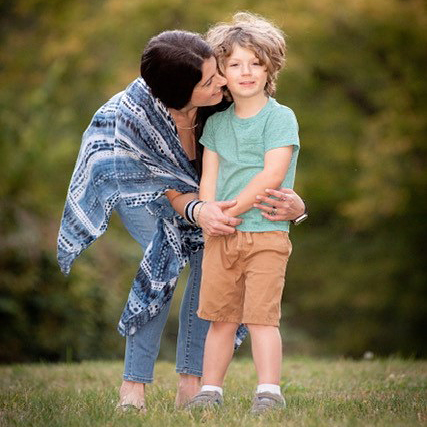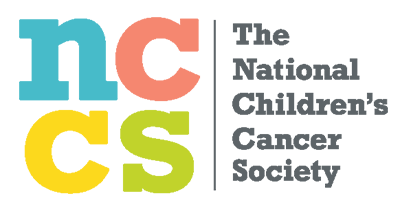Any significant childhood illness – like cancer – is a substantial stressor for families. Some families have robust support systems to help them cope with such a challenging diagnosis. But it isn’t uncommon to experience intense stress responses to the situation. Post-traumatic stress disorder (PTSD) is an anxiety disorder that can develop after a life-threatening or terrifying experience – like fighting childhood cancer.

- Intrusive memories
- Avoidance
- Self-destructive behavior
- Loss of interest in activities
- Flashbacks
- Trouble sleeping
The symptoms of PTSD for children differ from adults. In children and adolescents, watch for:
- Fear of separation
- Nightmares
- Losing a previously acquired skill
- New phobias
- Irritability
- Aggression
- Acting out the trauma through play
If these symptoms persist longer than a month and begin interfering with day-to-day functioning, you must talk with a member of your healthcare team.
It can be challenging to address the symptoms of PTSD while also dealing with a cancer diagnosis. Common coping mechanisms include mindfulness meditation, physical activity, aromatherapy, art therapy, and spending time with pets.
Treatment for those struggling with PTSD usually includes therapy to overcome the sense of helplessness, find meaning in the experience, and learn self-soothing techniques. Others find support groups or medication helpful.
Cambell
Four-year-old Cambell was diagnosed with leukemia in 2019. His mom Ashley said the diagnosis created multiple stressors for him and the entire family. There was a lot of change at once: a lengthy hospital stay at diagnosis followed by daily trips to the hospital and multiple medical appointments every week. This sudden change of routine impacted their lives significantly.
Ashley knew this experience would affect her for the rest of her life – so she decided to take matters into her own hands. She made it a priority to address her mental health.
She joined the NCCS Facebook Support Group where she met a woman experiencing similar emotions. Ashley also spoke with her doctor to ensure she was taking care of herself – and, in turn, providing the best care for her kids. Examining her mental health was a significant step toward treating her anxiety and fears following the diagnosis.
Ashley advises those feeling anxious, fearful, or flooded with unwanted thoughts and stressors to “take the help offered. Speak up, join groups, and accept all help from the NCCS and other organizations dedicated to this disease. Talk it out and remember that you are not alone.”
If you are interested in receiving support from those who understand what you are going through, the National Children’s Cancer Society has a Facebook Childhood Cancer Support Group that was created to provide a safe and supportive space for parents, guardians, and adult childhood cancer survivors to share their experiences and offer encouragement to one another.

